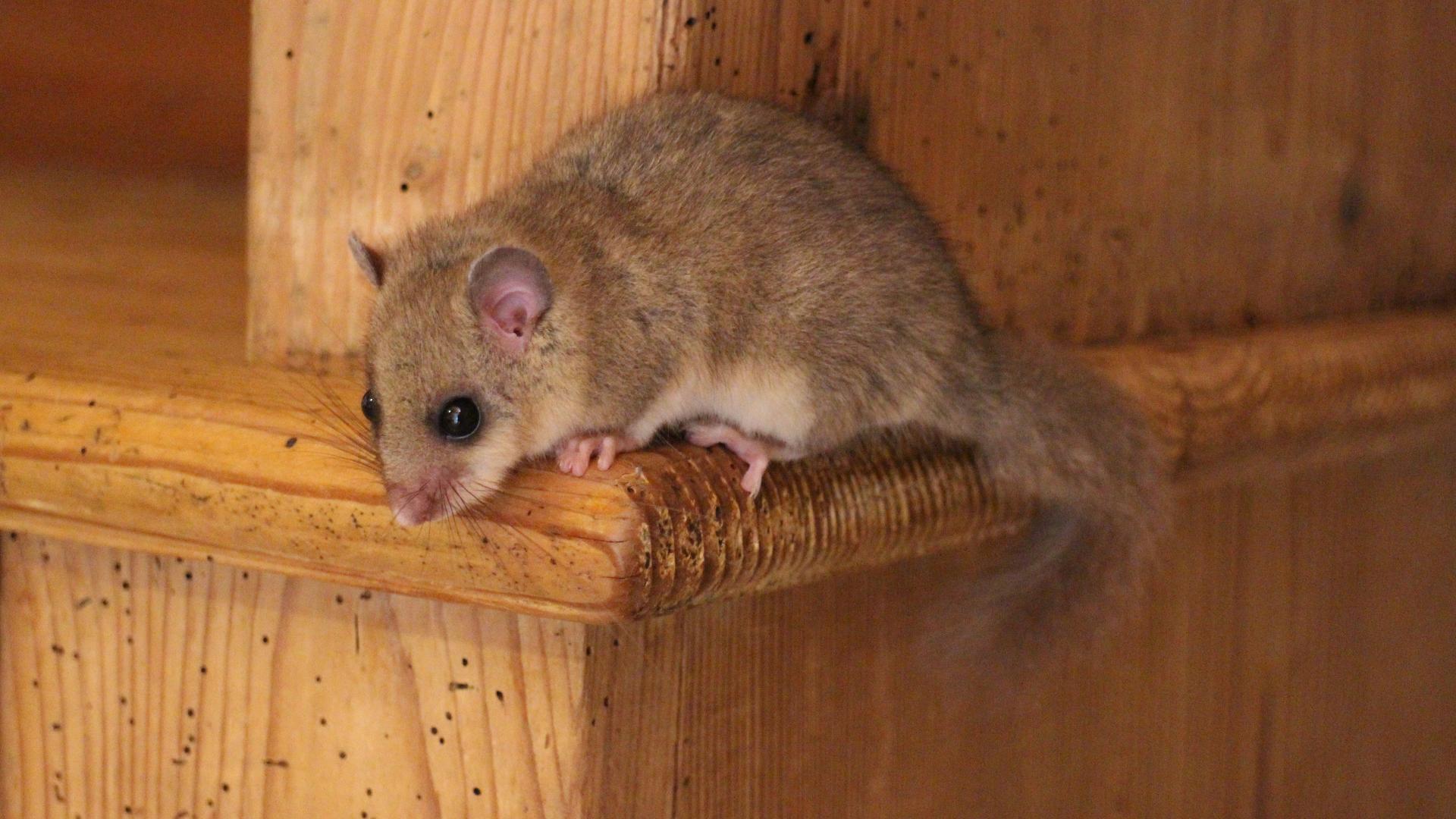The edible dormouse has evolved in such a way as to forestall aging
This is a snapshot of an edible dormouse, which the Romans ate as a delicacy.
Telomeres, tiny protective caps at the end of DNA, typically get shorter and shorter with age. But one creature — the edible dormouse — seems to have developed a way to reverse this process and forestall aging.
The edible dormouse, so named because the Romans apparently kept them in clay pots and fattened them up with nuts in order to eat them, is a small rodent found in Western Europe. These rodents have the remarkable ability to actually lengthen their telomeres over time, according to Amy Nordrum, an associate editor at IEEE Spectrum.
In a study out of Vienna, from the University of Veterinary Medicine, researchers put 130 "nest boxes" out in the woods and tested cheek swabs from the edible dormice they collected over the course of three years to measure their telomere length over that time, Nordrum says.
“They found that the telomeres shorten for the first couple of years of the mice’s life, just like they do in most animals, but between the ages of 6 and 9, the telomeres actually lengthen, which is very unusual. This is the first time they think anybody has observed such a phenomenon in the wild,” she says.
Researchers don’t really know how this happens, but they have a theory. Edible dormice, it seems, have an interesting reproductive strategy, in that they don’t reproduce in years when the food supply is low. This probably leads them to reproduce later in life than the average rodent. That’s a problem, Nordrum says, because reproduction is also known to shorten telomeres.
“So, dormice might have evolved a strategy by which they can actually lengthen their telomeres at a time when they would otherwise be vulnerable, [due to] age and late reproduction, to having them shortened,” Nordrum says. “This might be a strategy that helps them preserve their telomeres’ condition over time. And it seems to be working. Dormice can live [to be] up to 13 years old.”
A regular mouse’s life span is typically two or three years, so “it’s a pretty remarkable extension of their life span,” Nordrum says.
This article is based on an interview that aired on PRI’s Science Friday with Ira Flatow.
